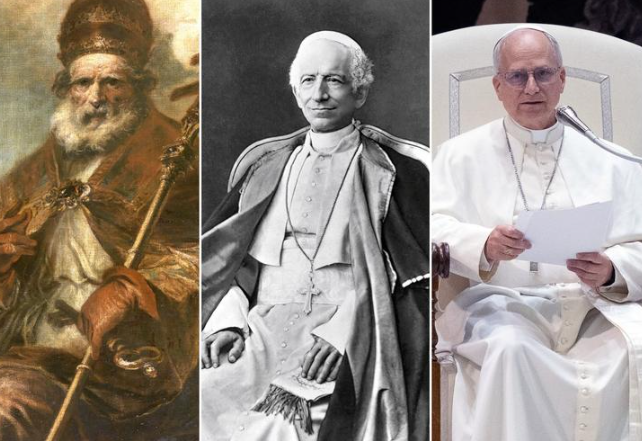The Leadership of Pope Leo XIII
Pope Leo XIII, who served from 1878 to 1903, is one of the most influential popes in the history of the Catholic Church. His leadership style and initiatives significantly impacted both the Church and the modern world. Understanding his contributions can provide valuable insights into how faith and modernity can coexist.
Pioneering Social Teaching
One of Pope Leo XIII’s most notable achievements was the introduction of Catholic social teaching. In 1891, he issued the encyclical “Rerum Novarum,” which addressed the plight of the working class and the rise of socialism. This groundbreaking document established the Church’s stance on social justice and the rights of workers. It emphasized the importance of fair wages and humane working conditions, marking a departure from the traditional view that often aligned with the interests of the wealthy. By engaging with contemporary social issues, Leo XIII helped to position the Church as a vital player in discussions about moral responsibility in the face of industrialization.
Promoting Harmony Between Faith and Reason
Pope Leo XIII was also a staunch advocate for the compatibility of faith and reason. He believed that a genuine understanding of the world could not be separated from a spiritual perspective. In his encyclical “Aeterni Patris,” he called for a revival of Thomistic philosophy, encouraging scholars to combine rational inquiry with religious beliefs. This initiative not only enriched theological studies but also provided a robust intellectual framework for addressing modern challenges. By promoting this harmonious relationship, Leo XIII fostered a culture where faith could thrive alongside scientific advancements.
Strengthening Relations with Other Christian Denominations
Another significant aspect of Pope Leo XIII’s leadership was his efforts to improve relationships between the Catholic Church and other Christian denominations. He recognized the importance of dialogue in a world marked by division. His correspondence with leaders of various Protestant communities and his support for ecumenical efforts indicated a willingness to engage in constructive conversations. This approach was revolutionary at the time and laid the groundwork for future ecumenical movements. By championing unity among Christians, Leo XIII demonstrated that collaboration and mutual respect could transcend theological differences.
In conclusion, the leadership of Pope Leo XIII marked a transformative period for the Catholic Church as it navigated the complexities of the modern world. His commitment to social justice, the integration of faith and reason, and the pursuit of Christian unity remain relevant today. Explore more about Pope Leo XIII’s contributions and consider how these principles can inspire our current dialogues about faith, ethics, and community.

